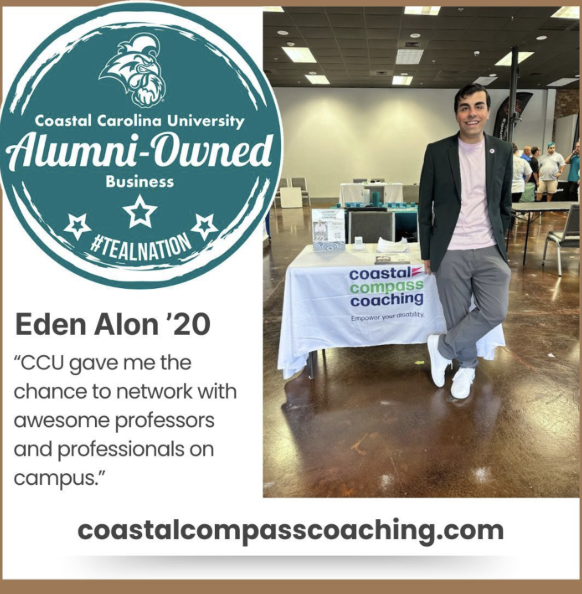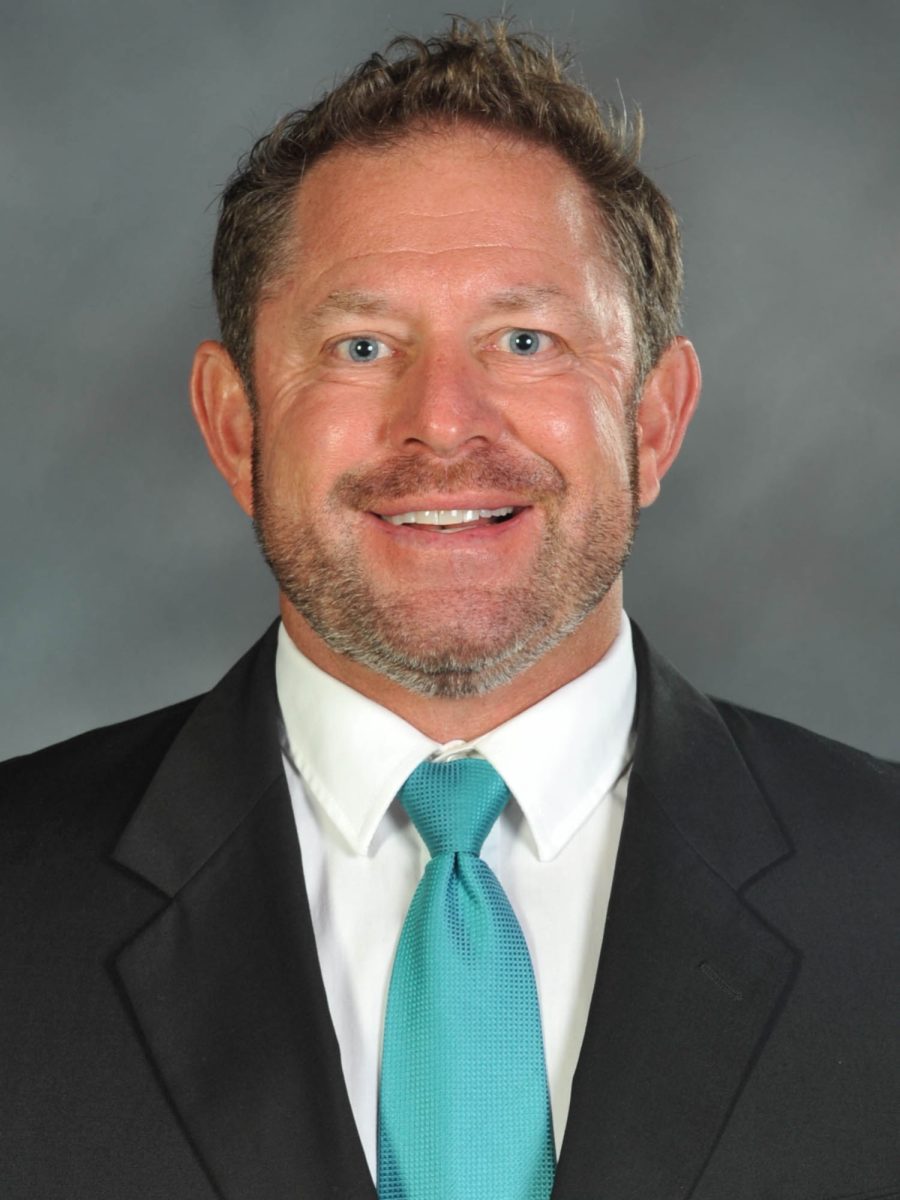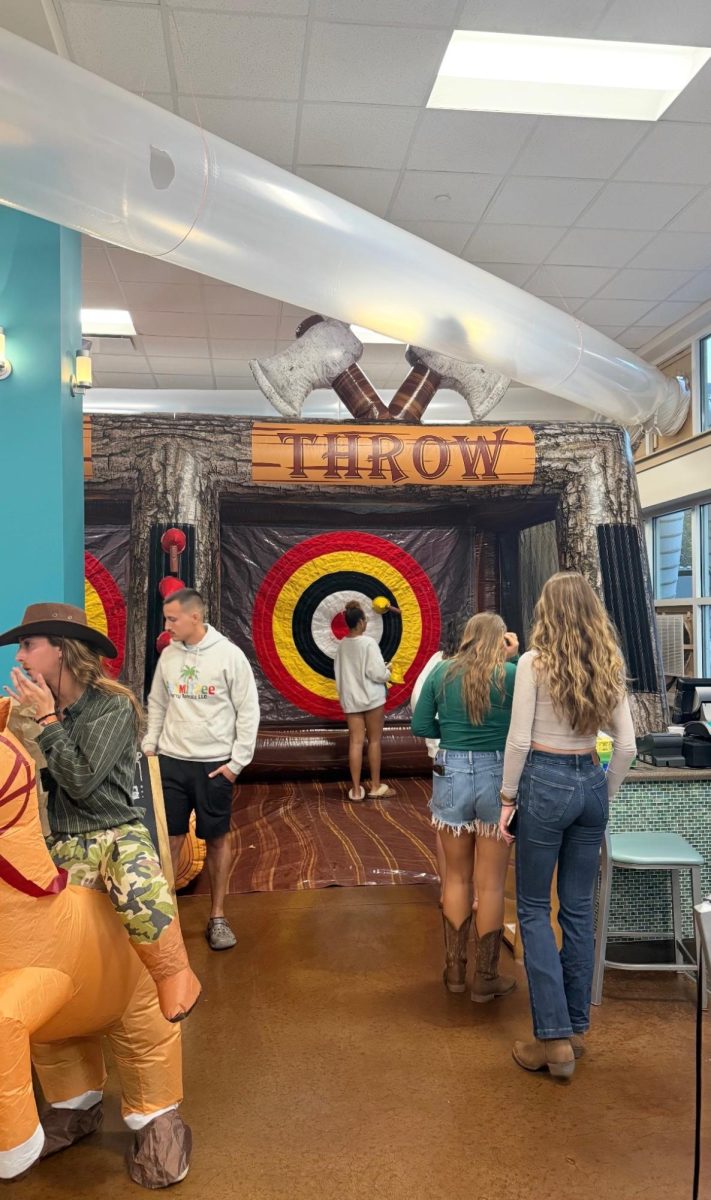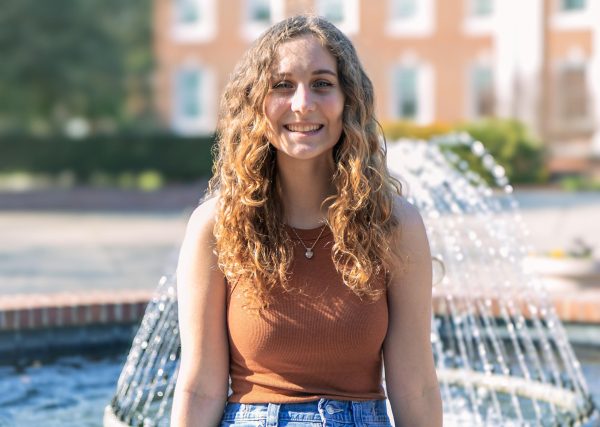Coastal Carolina University recently unveiled its 10-year building plan and the Student Government Association (SGA) wants to know what opinions students have about it.
Ryleigh Gregory, the executive vice president of the SGA, gives rides to students all around campus every other Thursday. Gregory uses this as a chance to get closer to people that SGA normally wouldn’t get the chance to interact with.
Once the student accepts the ride from Gregory, they are asked about various topics of discussion regarding CCU. Recently on a ride Nov. 16, students were asked if they had any issues with parking on campus and if they agreed with the University’s plan for the next 10 years.
“One of the things that they’re doing is they’re getting rid of the GG parking lot in favor for a parking garage,” Gregory said.
Many students that were asked that question had very similar answers, citing that parking is an issue and a parking garage would be beneficial.
Sydney Peoples, a sophomore sustainability and coastal resilience major, agrees with the decision to add parking garages on campus.
“I think students would think it would be worth it in the long run,” Peoples said.
Since Gregory was getting the same sentiment from students, she decided to frame her question in a different way to produce a different train of thought from the next student she gave a ride to.
Gabby Shugars, a freshman psychology major, did not support the decision to turn the Ingle Hall parking lot into residential buildings.
“I think a lot [are] gonna be upset by that because there’s already limited parking regardless so I just don’t think that’s a great idea,” Shugars said.
However, Gregory then told her that CCU is expanding parking by building parking garages, and Shugars changed her opinion.
CCU actually has more parking for students than required. The city of Conway requires 0.5 parking spots per student, however, the University has 1 parking spot per student.
“But that does include the YY parking lot on [SC Hwy] 544, but the school is actually over what’s required for us,” Gregory said.
The students who choose to get a ride from Gregory vary greatly in how much they want to speak and what they’d like to say in response to her questions.
“Sometimes they want nothing to do with me, they don’t want to talk to me, they don’t want to interact with me, they just want the ride,” Gregory said. “Some students want to tell me their entire life story.”
To combat student disinterest in answering the questions, a QR code has been used for previous rides. The QR code sends the student to an anonymous form which lets them freely express their opinions without fear of judgment or punishment.
The question for that day was how students feel about advising on campus. Gregory felt many students did have strong opinions, but were scared of speaking out or afraid of consequences. However, The QR code allowed SGA to view the results and figure out how to better help the student body when it came to the advising department.
“It gave students the ability to give true and honest answers and that’s really what we were looking for,” Gregory said.

















